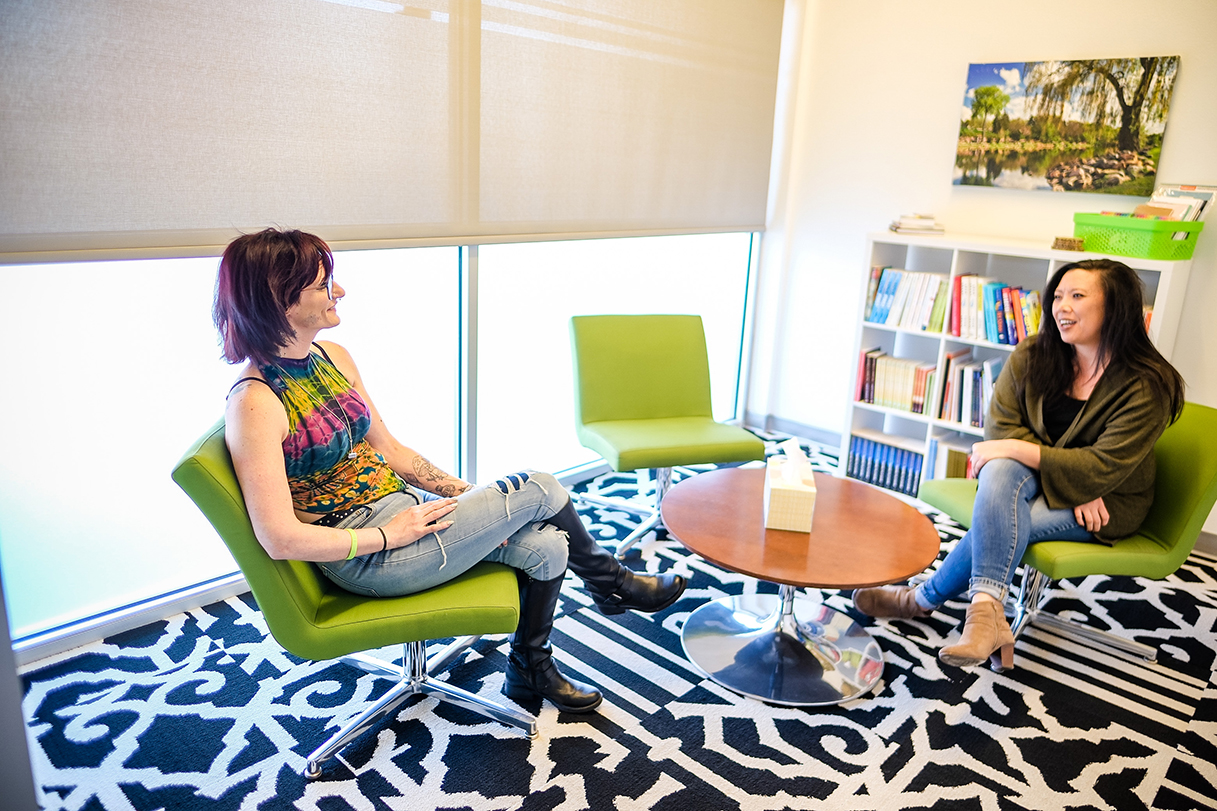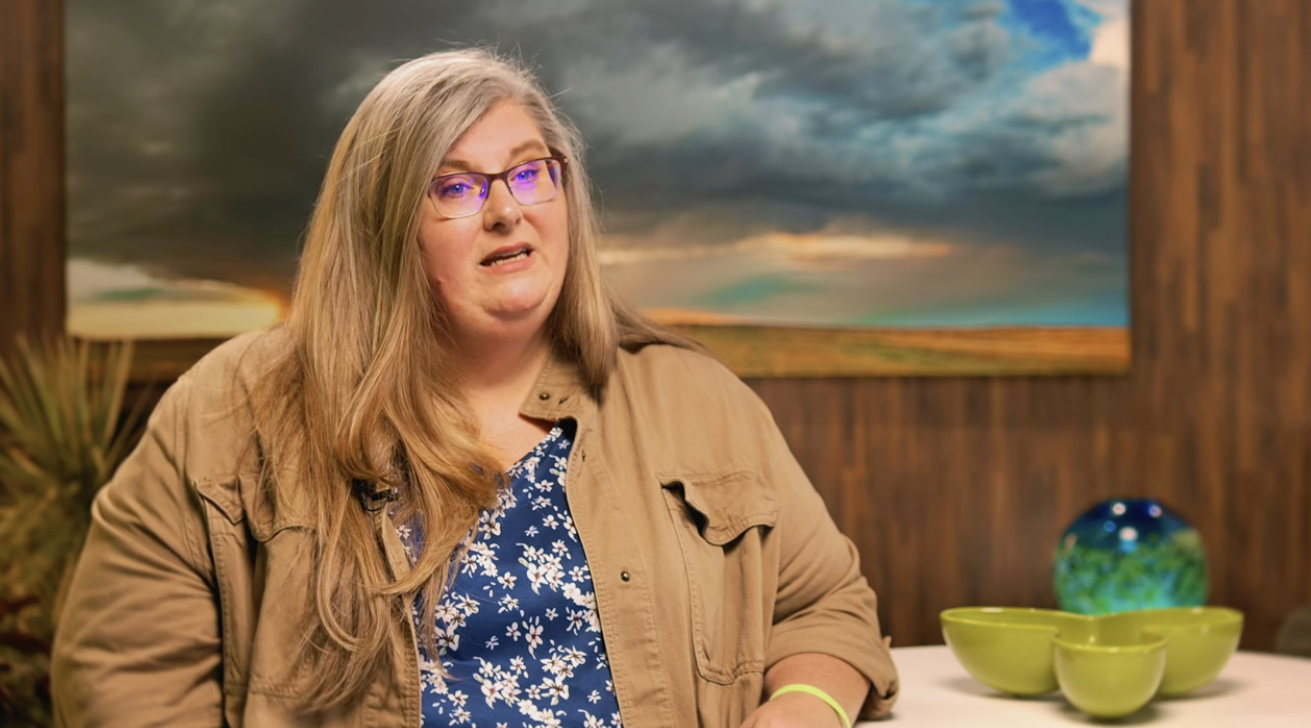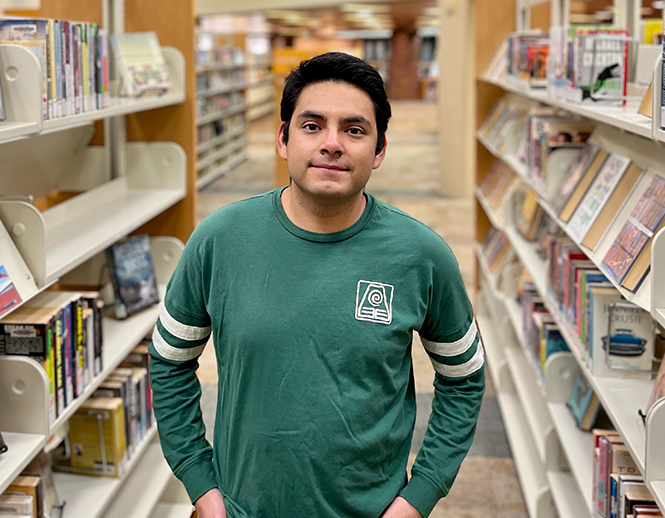When you feel stuck, we can help
If you're wondering why you should get help as a loved one, we understand where you’re coming from. It’s frustrating to feel like you're putting more work into someone’s wellness than they are. However, we also know loved ones can enact positive and lasting change when they’re given the right tools. Our data and member anecdotes show that a healthy, empowered loved one is more likely to motivate change in their person at risk.
Many loved ones we see feel frustrated, exhausted and unsure of what to try next. They find themselves doubting their decision-making ability. The good news is most loved one members start to feel better within a few sessions.
We'll help you overcome complex challenges with personalized, evidence-based support. Here are just a few of the ways we help loved ones:
- Establish healthy boundaries
- Reduce conflict
- Problem solve addiction-related challenges
- Improve communication
- Motivate your loved one toward change
- Strengthen your own well-being
- Better understand the complexities of addiction
Katie's coaching experience
“I had been struggling with my husband’s addiction to alcohol for a few years. He had gotten help from many people and places but no one was ever there for me… I started meeting with Amber and we connected right away. I understand addiction better and know that it is an uphill battle for all parties involved, but there IS a light at the end of the tunnel. I have laughed, cried and spilled my guts to Amber and she has always given me great advice. I have changed the way I think and talk with my husband and our communication is better then ever. I can’t thank Amber and Terri (my husband’s coach) enough for all of the honest support they have given us.” – Katie, Sioux Falls
Meet our loved one team
We bring a variety of life experiences to our important work. We hope reading about our backgrounds will demystify coaching, introduce our areas of expertise and demonstrate recovery is possible. If you prefer a coach within a certain community that you don’t see represented here, we hope you’ll still consider reaching out. And if you’re comfortable sharing that feedback, we’d greatly appreciate it. We’d love to know what qualities are most important to you and will keep them top-of-mind while hiring new coaches.
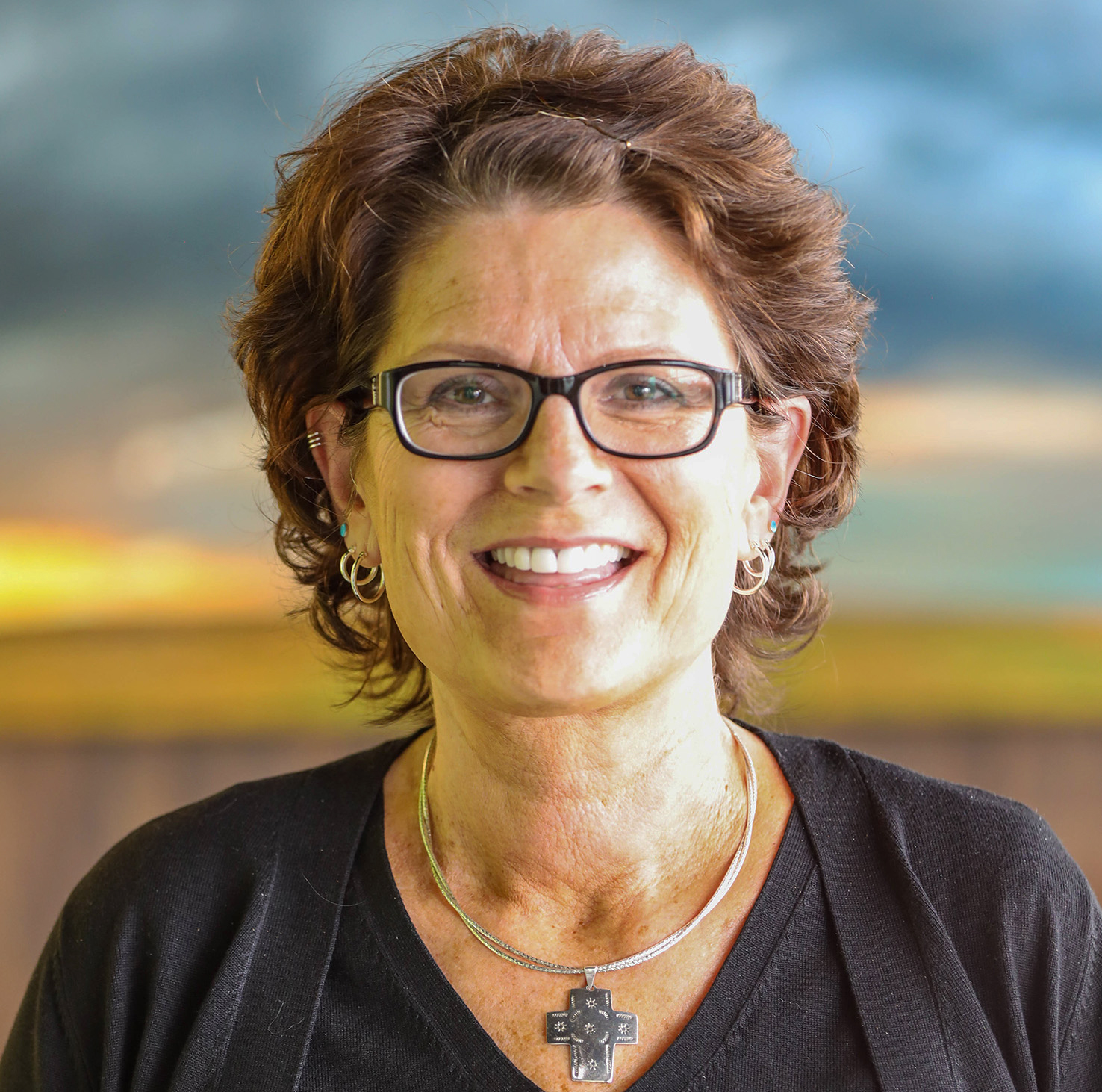
Janelle (she/her)
Coach, Sioux Falls
For years, Janelle tried dealing with the addiction in her life on her own. One of her favorite phrases since finding wellness is “don’t waste the pain,” which is why she wanted to help other family members in need.
Janelle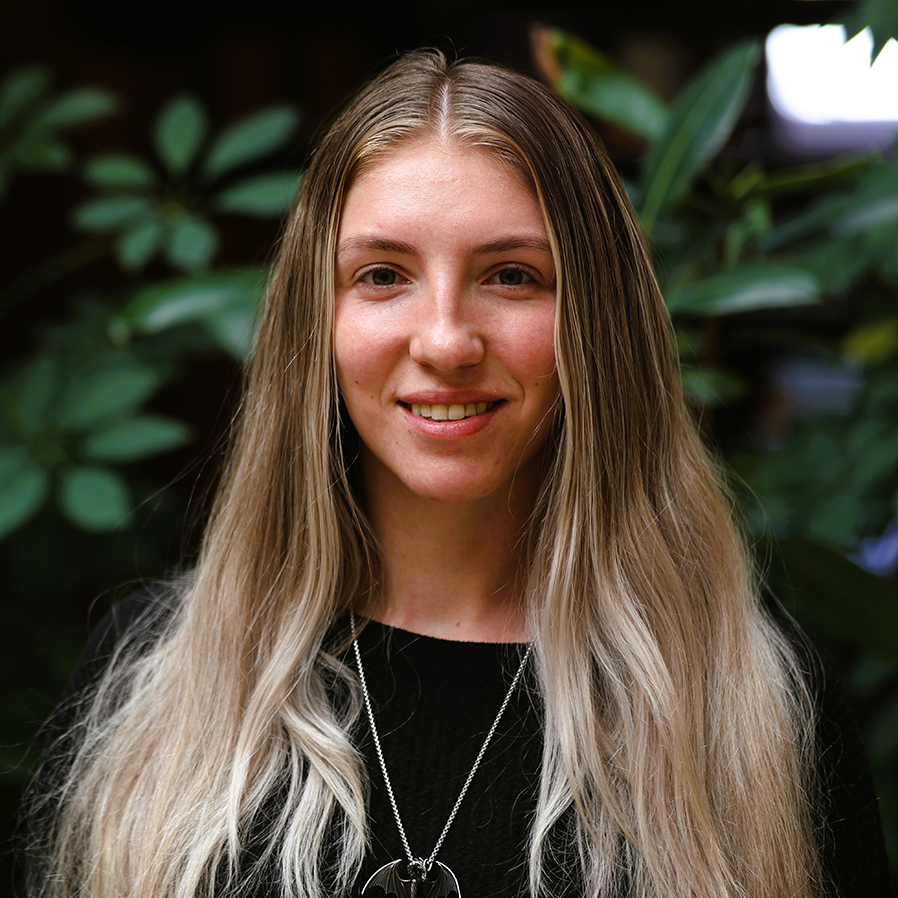
Sorcha (she/her)
Coach, Colorado Springs
Sorcha grew up with a genetic condition and was told she wouldn’t live past the age of 18. She started using drugs to numb her pain after the loss of her grandmother. Today, she relies on movement and self-care to stay present and live holistically.
Sorcha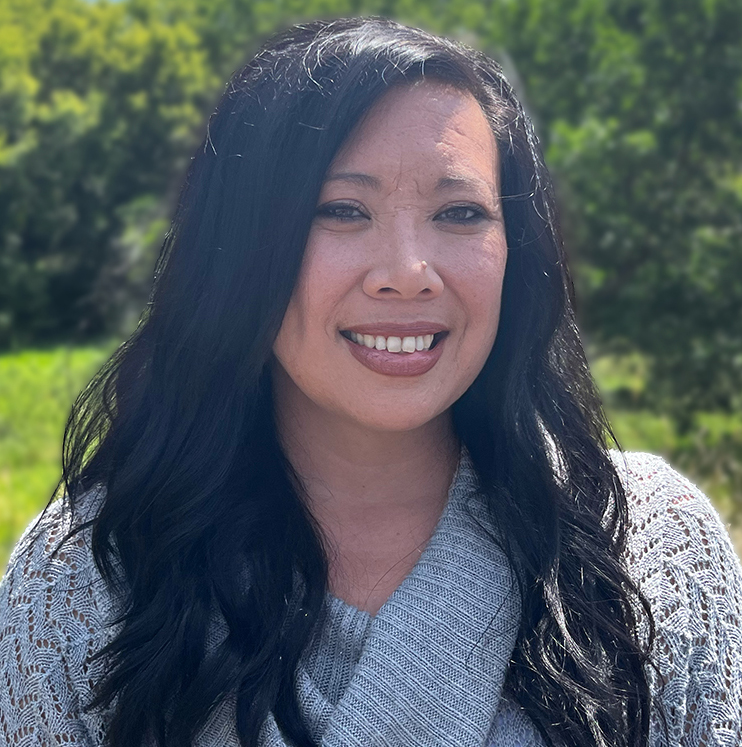
Aubrey (she/her)
Coach, Sioux Falls
Aubrey struggled with addiction for more than 10 years and has a range of experiences as a loved one to call upon. She has always wanted to help others impacted by addiction and let them know they're not alone.
Aubrey
Michelle (she/her)
Coach, Denver
Michelle has extensive experience in the criminal justice field, where she worked closely with individuals to help them rebuild their lives.
MichelleFrequently asked questions
I don’t have an addiction. Why should I get help?
We get this question a lot from loved ones. We understand where you’re coming from – it’s frustrating to feel like you're putting more work into someone’s wellness than they are. However, we also know loved ones can enact positive and lasting change when they’re given the right tools. Our data and member anecdotes show that a healthy, empowered loved one is more likely to motivate change in their person at risk.
I feel like I've tried everything. Why isn't my loved one getting better?
While we’re firm believers in the power that comes with education and setting boundaries, we never want loved ones to feel shame or as if it’s their sole responsibility to get someone well. Not everyone will choose to get help – despite our best efforts. Loved ones often feel burdened by stigma and what-ifs. If you feel like you've tried everything or you need emotional support, please consider reaching out to us. We've been there, and we're here to help others.
What does coaching cost?
Each coaching session is $80, but we have several sponsorship opportunities available for those facing financial difficulty. Learn more about cost on our pricing page.
Is coaching covered by insurance?
Unfortunately, no. Face It TOGETHER doesn't provide medical care, clinical treatment or diagnosis, and isn't currently covered by insurance. However, we do accept Flexible Spending Account (FSA) and Healthcare Savings Account (HSA) credit cards.
Is coaching evidence-based?
Yes. Our training curriculum is evidence-based and mirrors the most effective practices in peer support. Our model incorporates the latest research reviewed by Peers for Progress, Stanford University and others, including our own learnings and data. Training includes 16 core competencies, which focus on personalizing peer support, self-care in behavior change, linking to outside resources and providing an exceptional experience.
How is coaching different from counseling?
A fundamental difference between coaching and counseling is the emphasis on sharing lived experience, often called self-disclosure. We believe the power of coaching lies in the peer connection; coaches understand how you feel because they’ve been there themselves. While counselors are typically discouraged from too much self-disclosure, coaches share their own experiences as often as it’s beneficial to each member. Additionally, peer coaching tends to be more present and future focused, while counseling spends quite a bit of time exploring the past.
Many of our members see coaches and counselors simultaneously; both are important roles when it comes to addiction wellness.
How long should I stay in coaching?
This really varies by individual. Typically, we recommend loved ones start with eight sessions. You and your coach will determine what works best for you.
Stories of hope
Get started
Begin your wellness journey by talking with one of our peer coaches who will get you started on a personalized plan. By providing some information below, you’ll help us get ready for our conversation. We promise to be in touch within 24 business hours.
All information provided is confidential. Please see our Privacy Policy and our Communications Notice.
If you’re in crisis or this is an emergency, please call 911 or 988, the 24/7 suicide and crisis lifeline.
We're so glad you're reaching out. One of our peer coaches will be in touch within 24 business hours.

